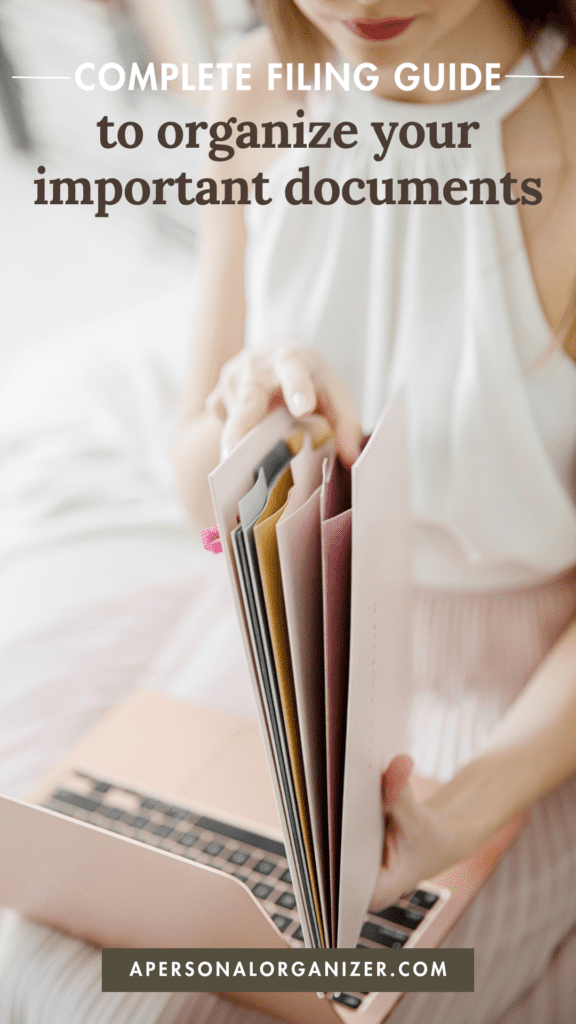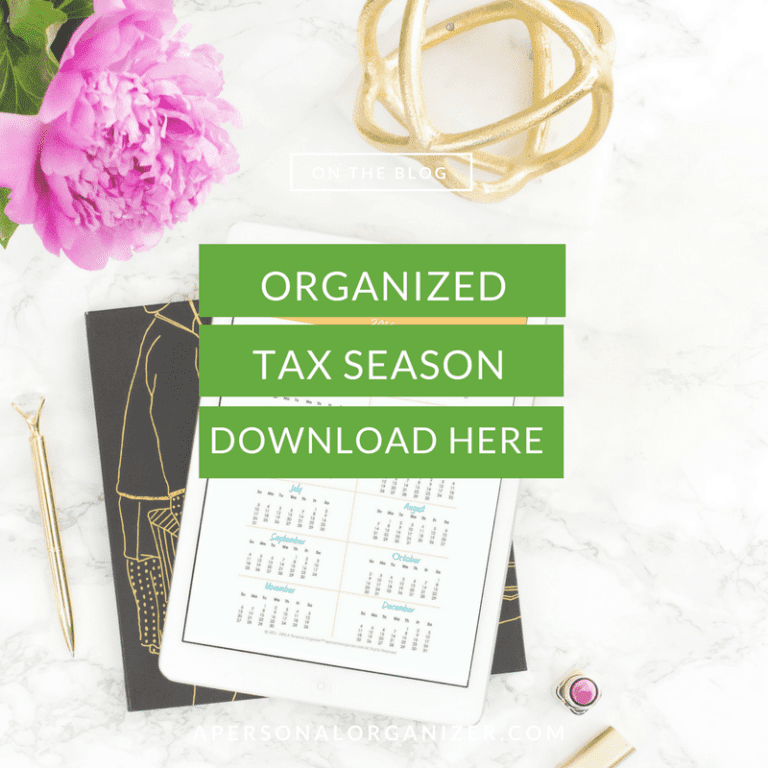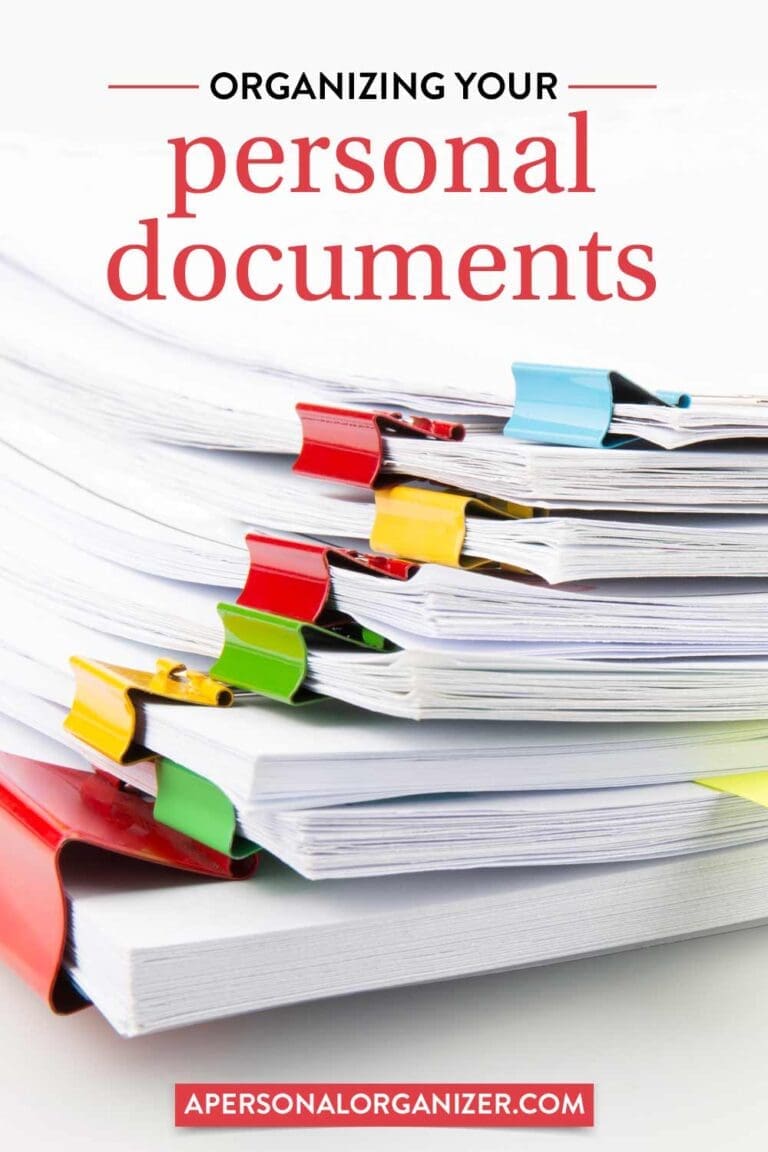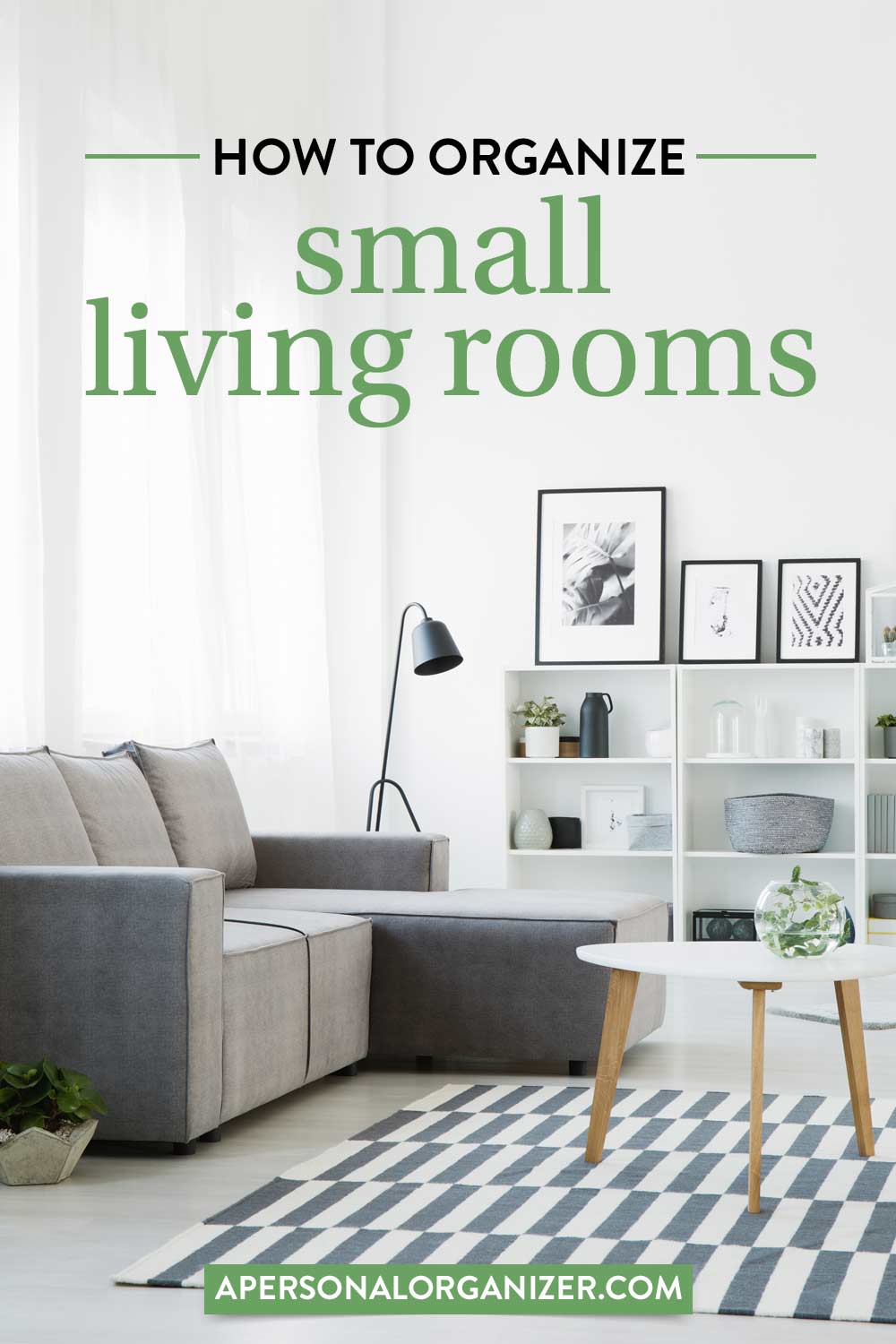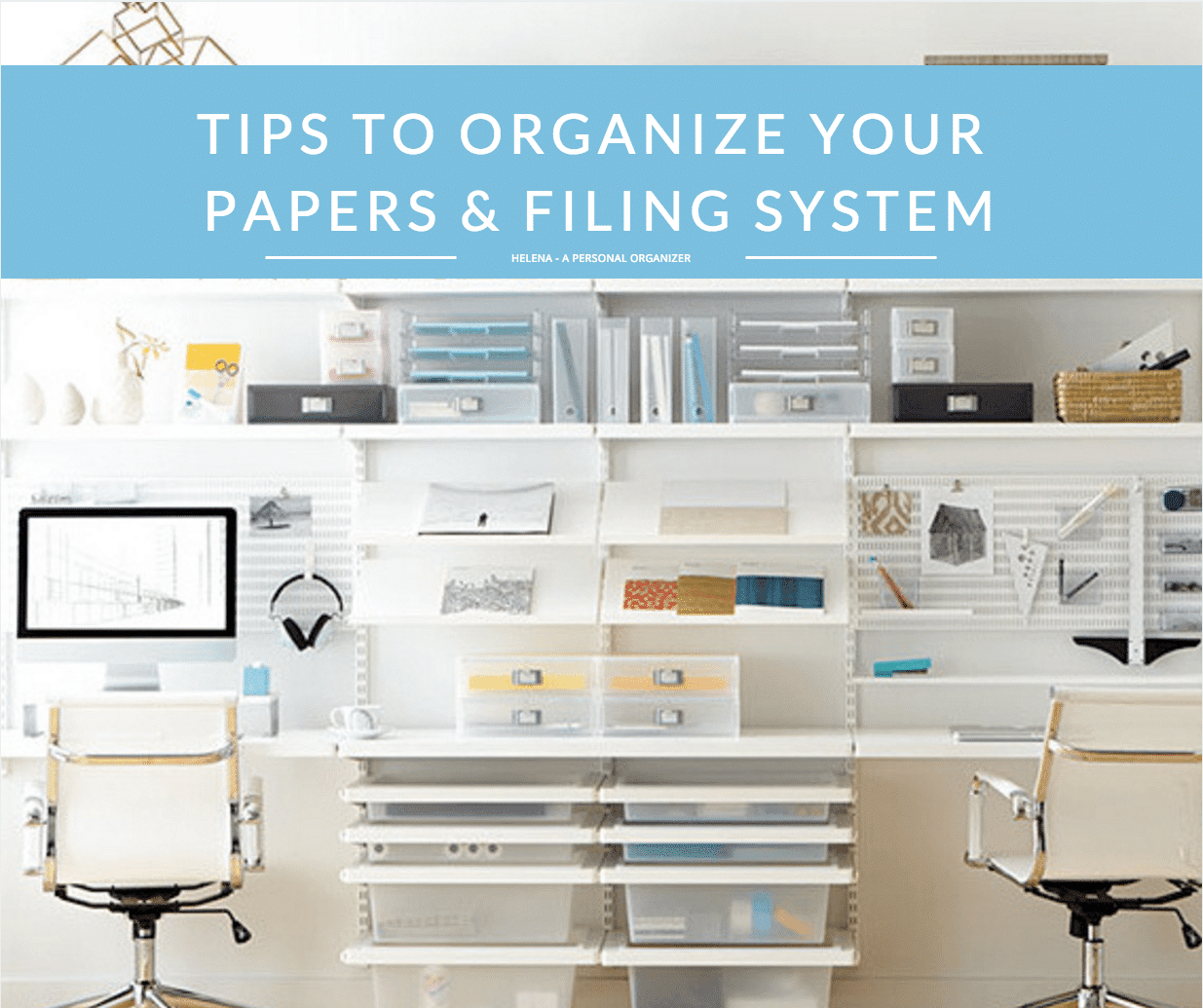The Ultimate Guide For Organizing Important Documents For Life
Have you ever felt overwhelmed by the mountain of documents cluttering your life?
You’re not alone, and the solution is simpler than you think. In this post, we will cover:
- Identifying must-have document categories for your family
- Labeling strategies to keep everything clear and findable
- Storage solutions that protect and organize
- Time frames for organizing your documents and how long to keep each one
Stick around, and let’s transform your important papers from mess to success.
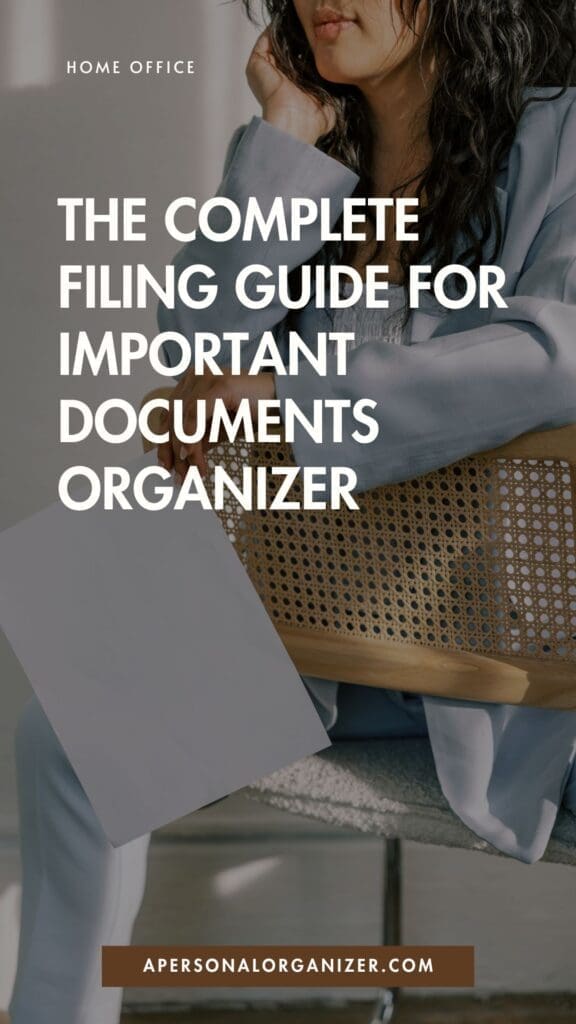
Why You Need an Important Documents Organizer
We’ve all been there: Scrambling to find a passport minutes before a big trip or digging for tax documents during April’s peak tax season. Without an organized system, what should be simple tasks turn into frantic treasure hunts.
An important document organizer is not just about tidying up—it’s an essential tool to keep your life running smoothly in both ordinary and unexpected situations.
Having such an organizer ensures that you can:
- Swiftly locate important paperwork when you need it
- Protect critical documents from damage or loss
- Provide your loved ones with easy access to vital information in emergencies
- Manage renewals, applications, and administrative tasks efficiently
As your organizing ally, I’ll guide you through setting up a system that minimizes stress and maximizes peace of mind. Ready to say goodbye to the panic of misplaced paperwork? Let’s get those documents in order!
A Blueprint for Creating Your Document Organizer
Okay, it’s time to dive into the nitty-gritty of what truly deserves a slot in that sanctuary we call our document organizer.
What to include
Think of this as curating a museum of your life’s paperwork; only the most significant artifacts get a display! Begin with the no-brainers: birth certificates, passports – basically, anything that screams “identity” is a shoo-in. Slide in those property deeds and car titles, too; they’re the VIPs of your financial portfolio.
Now, let’s not forget the wills, living trusts, and health care directives. These docs are like the silent guardians of your wishes. They speak for you when you can’t, so make sure they’re safe and sound. If you’ve got stocks, bonds, or retirement account information, congrats on being an adult – they belong here, too.
Storage
As for storage, you don’t need a fireproof vault worthy of a heist movie, but something with a bit of muscle against fire and water damage is your best bet. Safely ensconce it in a spot only trusted confidants know of.
Digitalizing: Yes or No?
Should you have digital copies of these documents? Absolutely! Scan or snap pictures of those essentials, save them in a digital safe (think password-protected and encrypted), and voila! You’re ready for any inquiry.
Labeling
And since I’m all about making life easier and prettier, label those folders with something that pops – perhaps a cute, custom tag from our friends at Cricut.
Like in every organizing project, it’s not just about efficiency; it’s about enjoying the view while you file!
Timeline
Embarking on this project can be a leisurely Sunday afternoon or a series of coffee-fueled evenings – expect anywhere from a couple of hours to a weekend to get fully sorted. For the time capsule stuff (think tax records), the general rule is seven years but consult with the tax gurus for specifics. And those less-than-essential but still important docs? They’re the plus-ones of the organizer party – keep ’em around until they’re no longer needed, but don’t let them overstay their welcome.
There you have it – a blueprint for your very own command center of documents. Because when life throws curveballs, at least your papers will be on their best behavior!
Creating a Filing System that Works for You
It’s time to tame that mountain of paperwork with a filing system that suits your unique rhythm. Channel your inner librarian, and let’s get those papers sorted!
First things first, let’s chalk out the must-have categories that your organizer should encapsulate. Here are the non-negotiables. These categories will serve as the backbone of your filing system.
- Personal Identification
- Health Records
- Property and Finance
- Tax and Employment
- Legal Documents
- Education and Certifications
- last but certainly not least, Family and Memories – I’ve included our family genealogy, historical documents, and photos here.
Labeling Your Filing System
Next up, labeling is key. Having a well-labeled system is akin to marking a trail – it leads you back to that elusive document when you need it the most. Whether you use a traditional label maker, a Cricut label maker, or even hand-written labels (for those with calligraphy-level handwriting), make sure they are clear, durable, and consistent.
Storage For Your Filing System
When it comes to storage ideas, think of the three Ps: protection, portability, and placement.
Opt for document containers that shield your files from fire, water, and wear and tear.
Consider a lightweight, secure case if you need to grab documents on the go.
And placement? Keep it accessible yet out of sight – a locked drawer or a cabinet in your home office is a prime spot. Let every family member know where it is so they can access their documents as needed or in case of an emergency.
TOOLS YOU’LL NEED
How long will it take to create your personal documents organizer
Embarking on this organization project will vary in time commitment depending on the starting state of your documents. If you never or rarely organized your paperwork, you can easily plan to set aside a weekend for full-scale filing or break it down into manageable chunks – 30 minutes a day could have your papers sorted within a couple of weeks!
Organizing important documents shouldn’t feel like a Herculean task. With the right system in place, you’ll find managing your family’s paperwork a breeze. And who knows, with a beautifully organized file in hand, you might just have a few less grey hairs and perhaps even the patience to tackle your teenage son’s latest ‘I can’t find my homework!’ crisis.
Time Frames and Maintenance
Maintaining your important document organizer isn’t just about constructing it once and forgetting it; it’s an ongoing process.
As for how long you should store each document, here’s a quick rundown: Tax documents should be kept for at least seven years, property deeds as long as you own the property, and medical records according to your healthcare provider’s recommendations. Meanwhile, user manuals and warranties can often be recycled once they expire or if the item is no longer in your possession.
Remember, essential documents like birth certificates, passports, and wills should always be kept in your organizer. But those temporary ones, such as monthly bills or outdated insurance policies, can be shredded and waved goodbye as soon as they outlive their usefulness.
Below is a general document retention guideline. This is by no means legal advice. So, always double-check with your accountant or tax attorney before discarding any document.
Keep for a Year or Longer:
- Store ATM, bank deposit, and credit card receipts until you reconcile them with monthly statements.
- Hold on to bank statements for at least one year unless they’re tax-related.
- Hang onto insurance policies and investment statements until new ones arrive.
- Retain loan documents until the loan is paid off (usually more than a year).
- Hold onto the car title until you sell the vehicle.
- Keep purchase confirmations for investments like stocks and bonds until you sell to establish a cost basis and holding period.
- Warranties are only as good as their active dates – you can discard these once they expire.
Keep for Seven Years:
- Safely store tax returns and all associated documents (receipts, bank and credit card statements, for example) for at least seven years. Why? It’s the IRS’s magic number. Don’t feel safe without these documents? Digitalize everything and safely store it.
Keep Forever:
Indefinitely hold vital records such as
- Birth and death certificates
- Social security card
- Passport
- Marriage licenses
- Prenuptial Agreement
- Divorce Decree
- Citizenship / Naturalization papers / Green Card
- Military Discharge
- College Transcripts
- Adoption Information
- Will and living will
- Power of attorney
- Also, keep forever documents like defined-benefit plan records, estate-planning documents, life insurance policies, and an inventory of your bank safe deposit box.
- Mortgage and home sale trailer documents are permanent documents while you own the property.
Now, about maintenance. An annual review is a good habit to ensure your document organizer remains current and uncluttered. It’s the perfect task for those days when you feel administrative but don’t want to dive into anything too demanding.
As you welcome a new year, sift through your organizer. Update personal and health records, as well as home and auto insurance policies, and remove any outdated or no longer relevant documents. Have a shredder handy; it’s oddly satisfying to watch outdated documents get the chop!
At the end of the day, organizing is about creating a system that works for you, and that extends to maintenance as well. You might find a semi-annual check-up more to your liking, or maybe you’re an ‘organize-by-season’ person. Whatever your schedule, stick to it, and you’ll thank yourself later.
And remember, this isn’t a once-and-done deal. Your life is dynamic, and your important documents organizer should reflect that. Keep it alive, keep it kicking, and it will be your trusty sidekick in keeping life’s paperwork in check.
Conclusion
Armed with the knowledge from this guide, you’re now equipped to tackle the sometimes-daunting task of organizing essential documents with confidence and ease.
- Recognizing the need for an important document organizer is pivotal for stress-free administration and emergency preparedness.
- Essential documents to keep in your organizer include birth certificates, passports, property deeds, wills, and tax records.
- Implementing a tailored filing system, utilizing color-coded folders, tabbed dividers, and labels such as those from a Cricut label maker, offers both simplicity and accessibility.
- Protecting your paperwork with fire and water-resistant storage solutions ensures its safety from unforeseen disasters.
- Maintaining your document organization system involves regular updates and understanding the lifespan of each document type to keep clutter at bay and ensure information remains current.
Remember, the time investment in setting up your essential document organizer may vary, but the security and order it brings to your life are truly immeasurable. So roll up your sleeves, pull out those papers, and embark on your journey to a more organized and prepared home life.

FAQs – Important Documents Organizer
Tools you’ll need
These are the basic tools you will need for this project. You can choose a different storage for your folders, but I highly recommend it to be at least waterproof, like the filing box I share here.
More Organizing Tips
Tips and ideas to help you organize your home and life.

